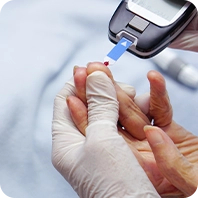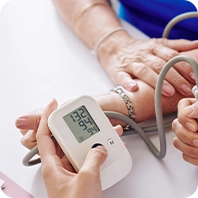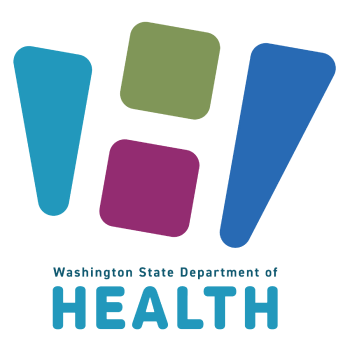People with one or more medical conditions, including diabetes, are at a higher risk of experiencing more severe effects when contracting COVID-19.
Diabetes is a condition in which the level of glucose in the blood, also known as blood sugar, becomes very high.
Blood glucose is the primary source of energy derived from food. Insulin, a hormone produced by the pancreas, helps transport glucose from food to cells to be used as energy.
Sometimes, the body doesn’t produce enough insulin or doesn’t use it properly, causing glucose to remain in the bloodstream and not reach the cells.
Symptoms may include:
– Weight loss – even when eating more (Type 1)
– Tingling, pain, or numbness in hands or feet (Type 2)
– Frequent urination
– Excessive thirst
– Feeling very hungry – even when eating more
– Extreme fatigue
– Blurry vision
– Slow-healing wounds/bruises
In the year 2015, 30.3 million people in the United States, approximately 9.4% of the population, had diabetes. More than 1 in 4 of these individuals were unaware of the disease. Diabetes affects 1 in 4 individuals aged over 65.
Around 90-95% of cases in adults correspond to Type 2 diabetes.
As far as it depends on you, take care to safeguard your health!
More information and resources:
https://diabetes.org
https://diabetes.org/diabetes-risk-test?loc=
DropDownDB-RiskTest
https://www.cdc.gov/diabetes/basics/diabetes.
html#:~:text=With%20diabetes%2C%20your%
20body%20doesn,vision%20loss%2C%20and
%20kidney%20disease
https://www.cdc.gov/diabetes/prevention/index.html
https://www.niddk.nih.gov/health-information/
diabetes/overview/what-is-diabetes










